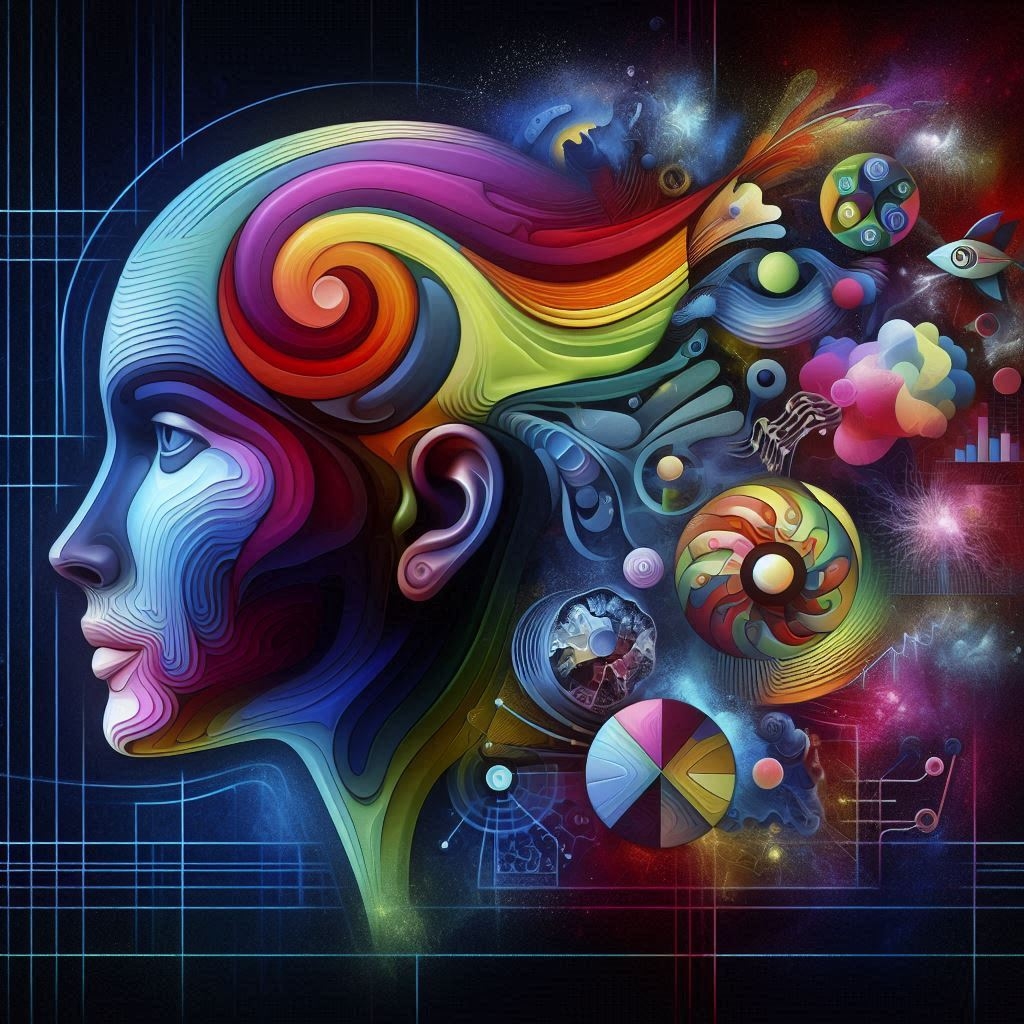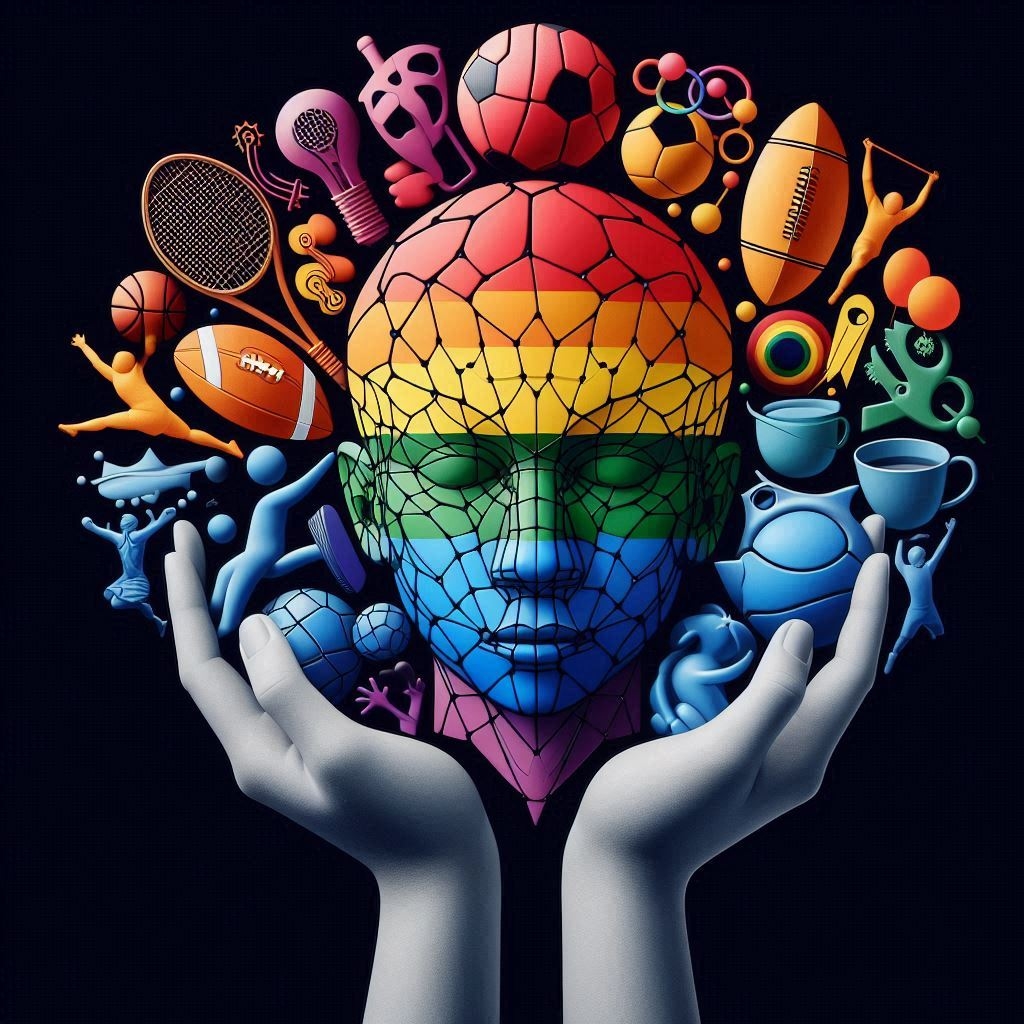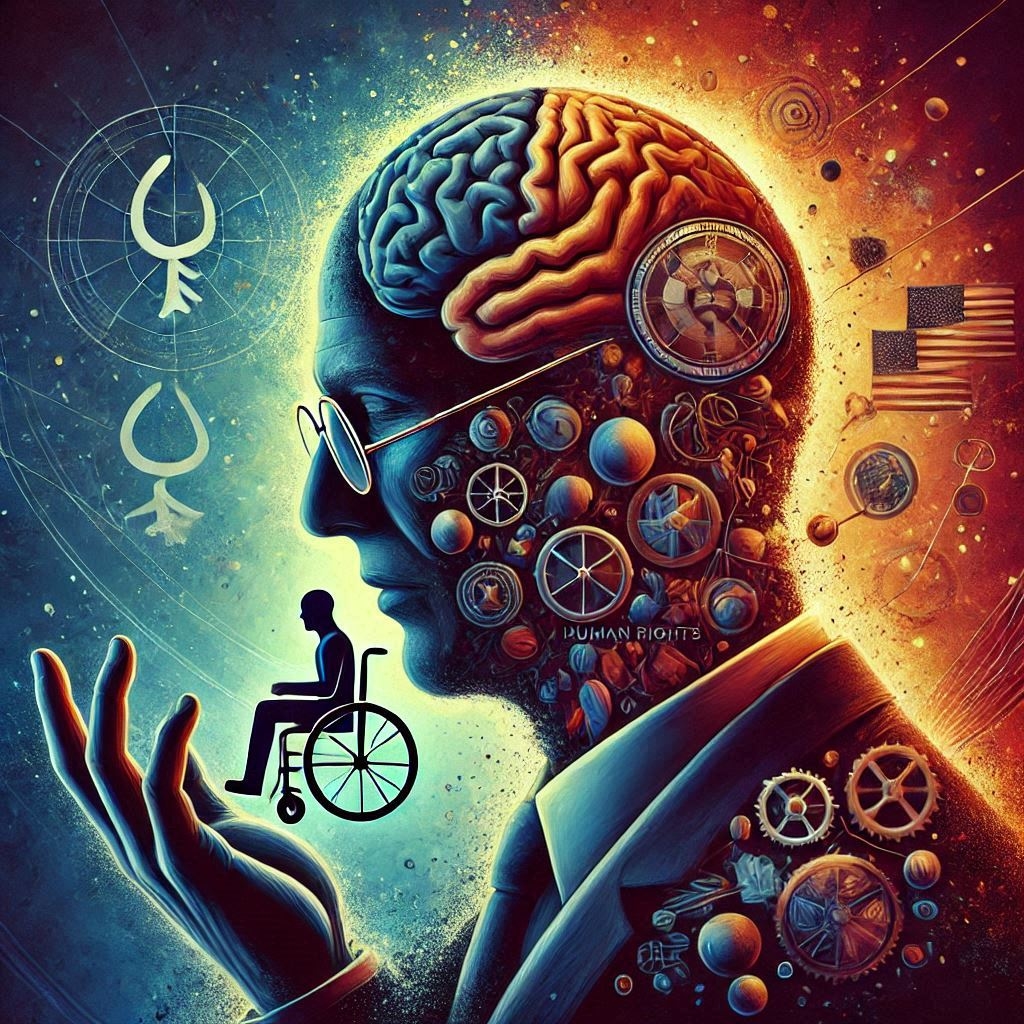Human Rights Profound Future Change Sports Major Impact
The Interconnection of Sports and Human Rights
In the realm of modern society, the convergence of sports and human rights represents a compelling narrative of empowerment, equality, and justice. At first glance, sports might seem like a mere pursuit of physical excellence and entertainment. However, a closer inspection reveals a profound interplay between athletic endeavors and the broader struggle for human dignity and rights.
Historical Context Sports as a Platform for Social Change
Throughout history, sports have often transcended their traditional boundaries, evolving into powerful platforms for social change. Icons like Muhammad Ali, who famously opposed the Vietnam War, and Jackie Robinson, who broke the color barrier in Major League Baseball, illustrate how athletes have used their visibility to challenge systemic injustices. The international stage of sports provides a unique venue where social issues can be spotlighted and addressed, rallying global attention and support.
Sports as a Catalyst for Inclusion and Diversity
Sports inherently champion the ideals of inclusion and diversity. Whether on the field, court, or track, individuals from varied backgrounds come together to compete, showcasing the universality of athletic prowess and teamwork. Major sporting events, such as the Olympics and the FIFA World Cup, emphasize the principle that talent knows no boundaries, promoting a message of global unity and cooperation. Through sports, barriers based on race, gender, religion, and socio-economic status are often challenged and dismantled, fostering a more inclusive society.
Advocacy and Awareness
Modern athletes increasingly embrace their roles as advocates for social justice and human rights. Platforms like social media have amplified their voices, allowing athletes to reach millions and influence public discourse on critical issues. Movements such as #TakeAKnee in the NFL, led by Colin Kaepernick, underscore the potential of sports figures to ignite conversations and inspire action against racial inequality and police brutality. Athletes’ advocacy extends beyond the spotlight, with many engaging in community initiatives and charitable work aimed at uplifting marginalized groups.

Sports Organizations and Ethical Responsibilities
Sports organizations themselves bear significant ethical responsibilities in upholding human rights. Governing bodies like the International Olympic Committee (IOC) and FIFA have faced scrutiny over issues ranging from labor rights abuses in host countries to the inclusivity of their events. These organizations are increasingly recognizing the importance of integrating human rights considerations into their operations, ensuring that their activities do not perpetuate harm and instead contribute positively to society.
Grassroots Impact At Community & Youth Development
At the grassroots level, sports play a pivotal role in community development and youth empowerment. Programs that provide access to sports for underprivileged youth offer more than just physical activity; they instill values of teamwork, discipline, and perseverance. These programs can be instrumental in keeping young people engaged in positive pursuits, diverting them from potential negative influences and opening doors to educational and career opportunities. By promoting these values, sports contribute to the holistic development of individuals and communities.
Human Rights Challenges in Sports
Despite the positive impact, the sports world is not devoid of human rights challenges. Issues such as the exploitation of athletes, gender discrimination, and the mistreatment of migrant workers in event preparations are stark reminders of the ongoing struggles. Addressing these challenges requires a concerted effort from all stakeholders, including athletes, organizations, governments, and fans, to advocate for policies and practices that uphold human dignity and rights across all levels of sport.
Sports as a Lens for Human Rights Awareness
One of the profound impacts of sports is its ability to bring human rights issues to the forefront of public consciousness. Through the global reach and popularity of sports, audiences are often exposed to social and political issues they might otherwise overlook. Major sporting events and the athletes who participate in them can highlight injustices and advocate for change, making sports a powerful tool for human rights education and advocacy.

High-Profile Platforms and Human Rights Messages
When athletes take a stand on human rights issues, their actions are seen by millions around the world. For instance, gestures like kneeling during the national anthem, wearing armbands or messages on jerseys, and using post-match interviews to address social injustices serve as powerful reminders of ongoing human rights struggles. These acts of solidarity resonate widely, prompting discussions and reflections on societal norms and inequalities.
Sporting Events and Human Rights Audits
International sporting events often put a spotlight on the host countries, including their human rights records. The scrutiny that comes with hosting events like the Olympics or the World Cup can lead to increased attention on issues such as labor rights, freedom of expression, and the treatment of marginalized communities. This external pressure can result in meaningful changes, as countries strive to meet international expectations and avoid global criticism.
Education Through Sport
Educational initiatives that incorporate sports can effectively promote human rights awareness among youth. Programs that teach the values of fairness, respect, and equality through sports help inculcate these principles in young minds. By linking sports with human rights education, these programs encourage children and adolescents to become more aware and proactive about issues of justice and equality.
Empathy and Solidarity
Sports have a unique capacity to foster empathy and solidarity. When fans witness athletes from different backgrounds competing together and supporting each other, it can challenge prejudices and promote a sense of common humanity. This shared experience of sports can be a unifying force, encouraging people to support human rights initiatives and stand against discrimination and injustice.
Sports Normalizing Human Rights in Society
Sports have a unique capacity to influence societal norms and behaviors, making human rights principles more comfortable and accepted within communities. By integrating human rights into the fabric of sports culture, these values become a natural part of everyday life.

Promotion of Equality and Fairness
In sports, the principles of equality and fairness are paramount. Athletes compete on a level playing field, where talent and hard work are the primary determinants of success. This emphasis on fair competition naturally extends to a broader societal context, reinforcing the importance of treating everyone with fairness and respect. As fans and participants witness these values in action, they become more ingrained in their own beliefs and behaviors.
Role Models and Influence
Athletes often serve as role models, especially to younger generations. When these public figures advocate for human rights, their influence can be profound. The visibility of athletes who champion causes like racial equality, gender equality, and LGBTQ+ rights helps to normalize these discussions within society. Their actions and endorsements signal to fans that standing up for human rights is not only acceptable but admirable and necessary.
Integration into Education and Policies
Many sports organizations and educational programs integrate human rights education into their curricula. By teaching young athletes about the importance of human rights through the lens of sports, these values are instilled from an early age. This integration makes human rights discussions more accessible and relatable, encouraging future generations to uphold and advocate for these principles.

Creating Inclusive Spaces
Sports venues and events are increasingly becoming spaces where inclusivity is celebrated. Efforts to ensure accessibility for individuals with disabilities, the promotion of gender-neutral facilities, and the celebration of cultural diversity within sports organizations contribute to creating environments where human rights are respected and championed. These inclusive practices set a standard for broader societal norms, encouraging other sectors to follow suit.
Public Engagement and Support
When sports organizations and athletes openly support human rights initiatives, they garner public support and engagement. Campaigns addressing issues such as racism, sexism, and homophobia often gain traction and visibility through sports. This widespread engagement helps to shift public opinion, making it more comfortable for individuals to discuss and support human rights. Over time, this shift contributes to making human rights a norm within society.
Social Responsibility of Sports Organizations
Sports organizations are increasingly recognizing their social responsibility. By implementing policies that uphold human rights, such as ensuring fair labor practices and combating discrimination, these organizations set a precedent for ethical behavior. This commitment to human rights not only enhances the organization’s reputation but also promotes a culture of respect and dignity within the community.

The Intersection of Human Rights Politics and Sports
The intersection of human rights politics and sports is a dynamic and often contentious space where the principles of fairness, equality, and justice are tested and showcased. This overlap highlights the influential role sports can play in advancing human rights agendas and the political implications that arise from these efforts.
Sports as a Political Arena
Sports have long been a stage for political expression and activism. From the Olympic Games to local leagues, athletes and organizations have used their platforms to address political issues and advocate for human rights. The global reach of sports ensures that these messages resonate widely, influencing public opinion and policy. For example, the 1968 Mexico City Olympics saw athletes like Tommie Smith and John Carlos raise their fists in a Black Power salute, drawing attention to racial injustice in the United States.
Human Rights Campaigns and Sporting Events
Major sporting events often become focal points for human rights campaigns. Activists leverage the visibility of these events to highlight issues such as labor rights, freedom of expression, and discrimination. The scrutiny that accompanies events like the FIFA World Cup or the Olympics can pressure host countries to improve their human rights records. For instance, the 2022 FIFA World Cup in Qatar brought international attention to the treatment of migrant workers, prompting calls for reforms.

Athletes as Political Advocates
Athletes themselves frequently engage in political advocacy, using their status to champion human rights causes. Their involvement can range from public statements and social media campaigns to direct participation in protests and policy advocacy. The influence of athletes like LeBron James, who has spoken out on issues of racial inequality and police violence, demonstrates the power of sports figures to shape political discourse and drive social change.
Challenges and Controversies
The intersection of sports and human rights politics is not without challenges and controversies. Athletes and organizations often face backlash for their political stances, with critics arguing that sports should remain apolitical. Additionally, the commercial interests of sports organizations can sometimes conflict with human rights principles, leading to accusations of hypocrisy or complicity in human rights abuses. Balancing these competing interests requires careful navigation and a commitment to ethical standards.
Policy and Governance
Sports organizations play a crucial role in shaping the political landscape of human rights. Governing bodies like the International Olympic Committee (IOC) and FIFA have the power to set policies that promote human rights within their events and operations. These organizations are increasingly adopting human rights frameworks, ensuring that their activities align with international standards and contribute positively to society. The implementation of these policies can drive significant improvements in human rights practices across the globe.

Global Solidarity and Advocacy
The global nature of sports fosters a sense of solidarity and collective action in support of human rights. International sporting events bring together diverse communities, creating opportunities for cross-cultural understanding and cooperation. This global solidarity can amplify human rights campaigns, mobilizing support from a broad audience and driving meaningful change. The collaborative efforts of athletes, organizations, and fans can create a powerful force for advancing human rights worldwide.
Conclusion
Sports and human rights are deeply intertwined, with sports serving as both a reflection of societal values and a catalyst for change. The arena of sports provides a unique and influential platform to advocate for equality, inclusion, and justice, making it an essential component in the broader human rights landscape. By recognizing and embracing this interconnection, we can harness the power of sports to advance the cause of human rights, ensuring that every individual, regardless of their background, can enjoy the freedoms and opportunities they deserve.
Join the Discussion
The conversation about the intersection of sports and human rights is ongoing and ever-evolving. We invite you to join this important discussion and share your thoughts, experiences, and insights.







I liked as much as you will obtain carried out right here. The comic strip is tasteful, your authored material stylish. nonetheless, you command get bought an nervousness over that you want be turning in the following. ill for sure come more earlier again as exactly the similar just about very often inside case you shield this increase.